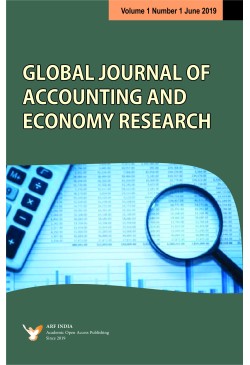The objective of this study is to –investigate the relationship between value relevance of accounting information and share prices, and their effect in three sectors (construction and real estate, healthcare and information communication technology (ICT) of the Nigerian economy. This study was motivated on the assumption that value relevance of accounting information and share prices variation cannot be “onefit-all” issue, that is, the same accounting numbers are equally relevant. Ex-post facto research design was adopted using time series accounting and stock prices data from three sectors for the period 2015 to 2021 in panel model. Descriptive and inferential statistics and Hausman test were employed in the analysis involving ANOVA, mean, minimum, maximum, standard deviation, t-values, R2 and P-Values.. The results revealed that value relevance of accounting information vary in different sectors, but that all sectors share prices are influenced by accounting numbers. It was concluded that investors in the construction and real estate and healthcare firms should rely mostly on data from the statement of profit or loss and other comprehensive income and statement of cash flows than statement of financial position and ICT firms investors on statement of financial position when making investments decisions.
Keywords: Value Relevance, Accounting Information, Book Value per Share, Cash flow from Operations and Earnings per Share
Etim Osim Etim, Nsima Johnson Umoffong, George Tamunotonye Peters and Roseline Akpan Gabriel (2022). Comparative Analysis of Value Relevance of Accounting Information and Share Price in Nigerian Companies. Global Journal of Accounting and Economy Research, Vol. 3, No. 2, pp. 143-164.
